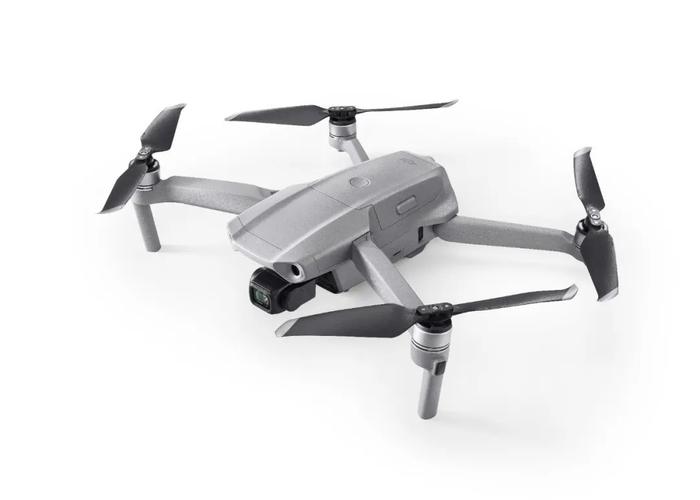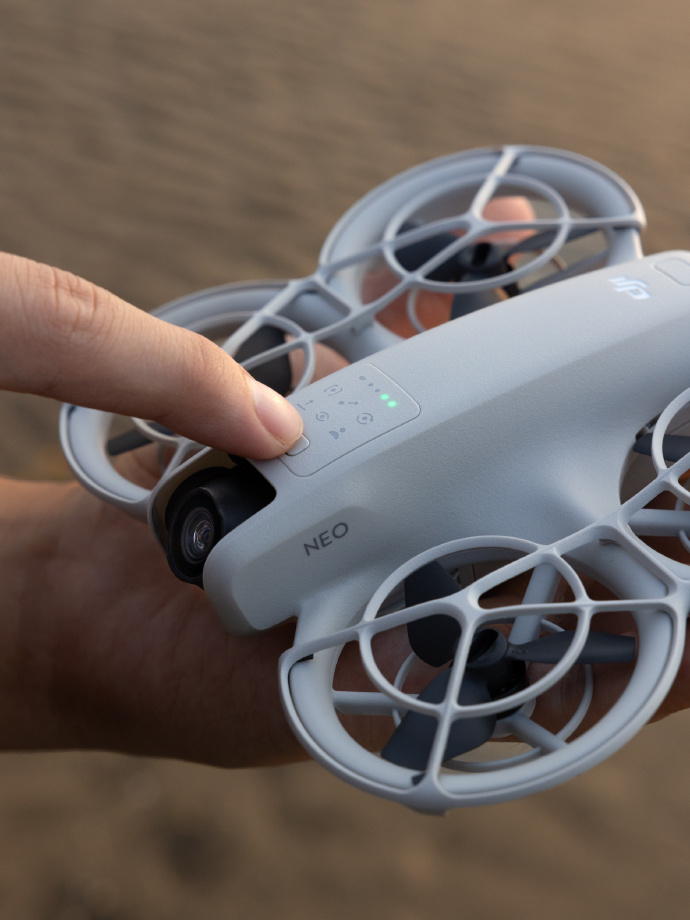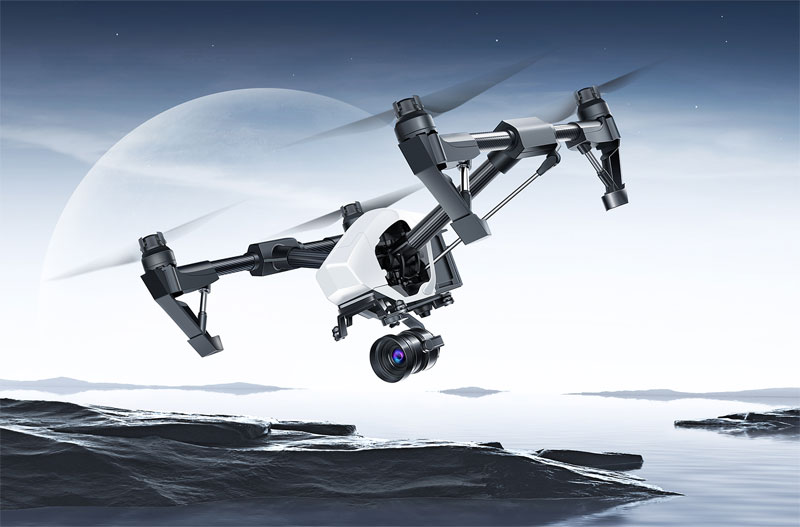In today’s ever-evolving technological landscape, the skies are no longer the domain of just birds and planes. With the rise of drone technology, individuals around the world are finding themselves drawn to the art of piloting these remarkable devices. For those aspiring to become drone pilots, this pursuit can open up a world of opportunities both professionally and recreationally.
The Fundamentals of Becoming a Drone Pilot
Drone pilots must first grasp the foundational elements of drone operation. Before taking flight, it’s essential to understand the basic parts of a drone, which typically include propellers, motors, cameras, and the remote control device. Knowledge of these components is crucial as they directly affect maneuverability and performance.
Once familiar with the hardware, aspiring pilots should delve into the ethical and safety guidelines surrounding drone operation. This includes adherence to airspace regulations set forth by the Federal Aviation Administration (FAA), which often mandates that drones remain within a certain altitude and away from restricted areas.

Navigating Legalities and Certifications

Drone pilots must also be aware of the legal ramifications of their activities. In the United States, commercial drone pilots are required to obtain a Part 107 certification. This certification demonstrates proficiency in understanding airspace classifications, weather effects, and drone-specific laws, all of which are integral to safe and compliant flying.
In addition to legal requirements, pilots should consider obtaining insurance for their drones, especially if operating in populated or sensitive areas. Insurance provides financial protection against potential accidents or equipment damage.
Technological Advancements in Drones
Drone technology is continually advancing, with features such as obstacle avoidance, enhanced cameras, and more intuitive controls becoming standard. For aspiring drone pilots, staying updated on these advancements is vital. By leveraging new technologies, pilots can capture stunning aerial footage, perform complex maneuvers, and navigate challenging environments with greater ease.
Career Opportunities for Drone Pilots
Pursuing a career as a drone pilot can lead to numerous fields such as real estate, cinematography, agriculture, and more. In real estate, drones are used for capturing breathtaking property photos and videos, providing potential buyers with detailed visuals. In agriculture, farmers use drones to survey crops, manage livestock, and optimize harvests.

Common Challenges Faced by Drone Pilots
Despite the allure, drone pilots may encounter challenges including mechanical failures, battery life limitations, and weather-related obstacles. Knowledge is power, and staying informed about troubleshooting techniques can prevent these issues from grounding one’s drone flights.
A World of Recreational Opportunities
Beyond professional settings, drone pilots also enjoy recreational flying. Many enthusiasts participate in drone racing, where skill and speed are tested in competitive circuits. Others simply relish the creative freedom of capturing stunning landscapes and sharing their perspectives through social media channels.
